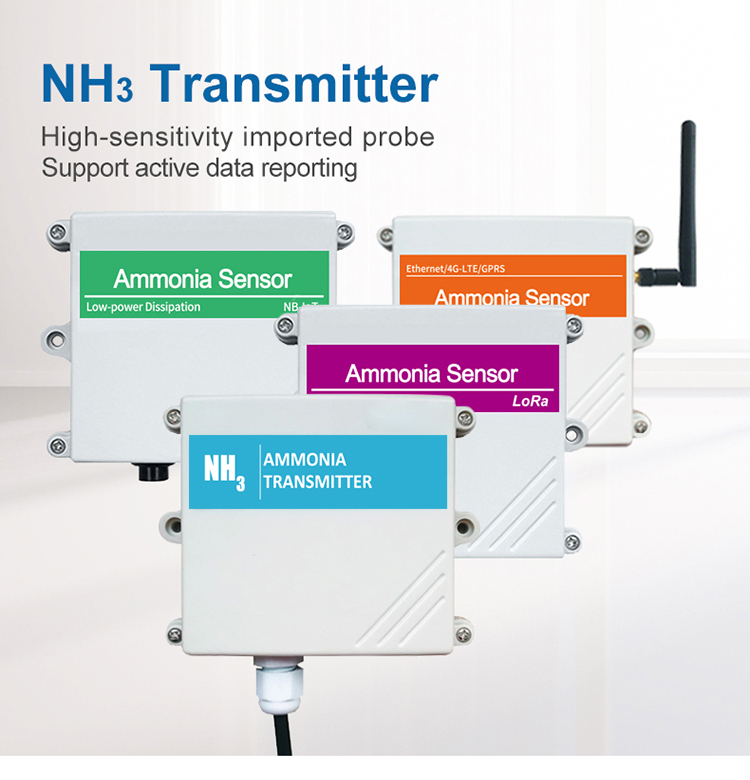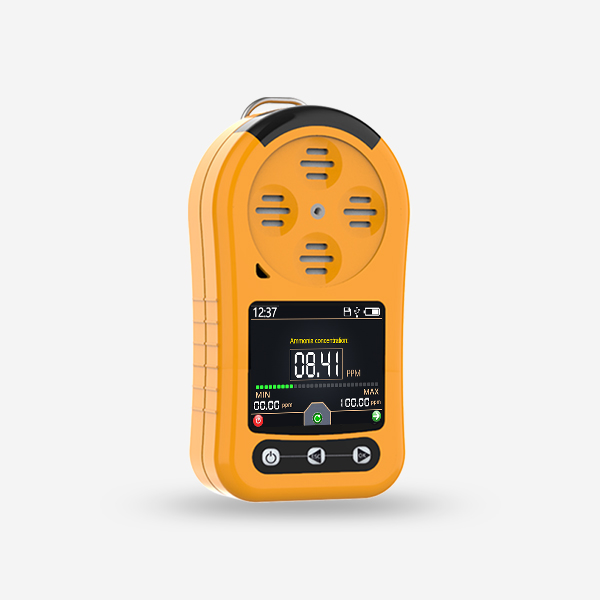Ammonia, also known as NH3, is a colorless gas that is commonly used in industrial applications such as refrigeration, agriculture, and manufacturing. Although it has several useful applications, NH3 can also be toxic and hazardous to human health, making it important to detect and monitor in industrial environments. NH3 sensors are vital tools for detecting ammonia levels and ensuring safety in industrial settings.
NH3 Sensor Technology: An Overview
NH3 sensors detect the presence of ammonia gas in the air and provide accurate readings of its concentration. The sensors operate using several techniques, including electrochemical, optical, and catalytic sensors. Electrochemical sensors use a chemical reaction to generate an electrical signal proportional to the ammonia concentration. Optical sensors use light to detect ammonia levels, while catalytic sensors use a catalyst to speed up the chemical reaction of ammonia with oxygen.


NH3 sensors are also available in different types, including fixed and portable sensors. Fixed sensors are installed in a specific location to continuously monitor the ammonia levels, while portable sensors are handheld devices that allow for on-the-spot measurements. NH3 sensors can be calibrated to provide specific measurements depending on the application, making them a versatile tool for monitoring ammonia levels in different industrial settings.
Industrial Applications of NH3 Sensors
NH3 sensors are widely used in various industries, including agriculture, refrigeration, and manufacturing. In the agriculture industry, NH3 sensors are used to monitor the levels of ammonia in animal waste and fertilizers. The sensors help farmers maintain safe and healthy conditions for the animals and crops.
>>> In the refrigeration industry, NH3 sensors are used to monitor the levels of ammonia in refrigeration systems. The sensors provide early detection of ammonia leaks, which can help prevent accidents and ensure the safety of workers.
>>> In the manufacturing industry, NH3 sensors are used to monitor the levels of ammonia in chemical plants and production facilities. The sensors help ensure worker safety and prevent environmental damage.
In conclusion, NH3 sensors are essential tools for detecting and monitoring ammonia levels in industrial settings. With their accurate readings and various types and techniques, NH3 sensors are vital for ensuring worker safety and preventing accidents. As technology continues to advance, NH3 sensors will continue to play a crucial role in industrial applications.